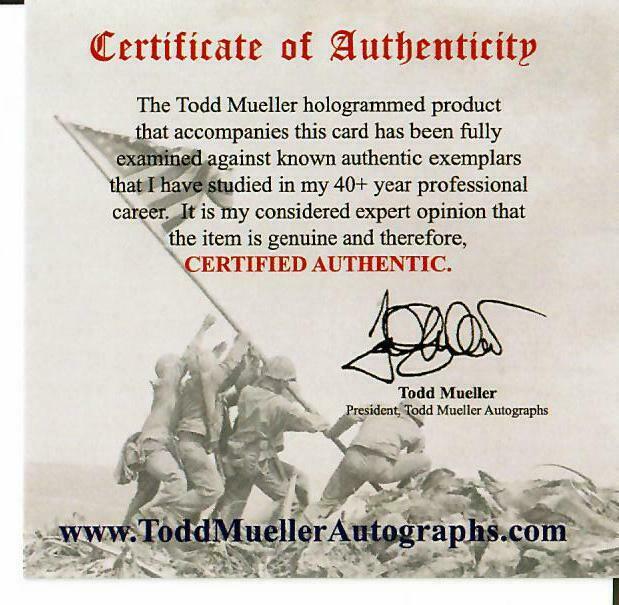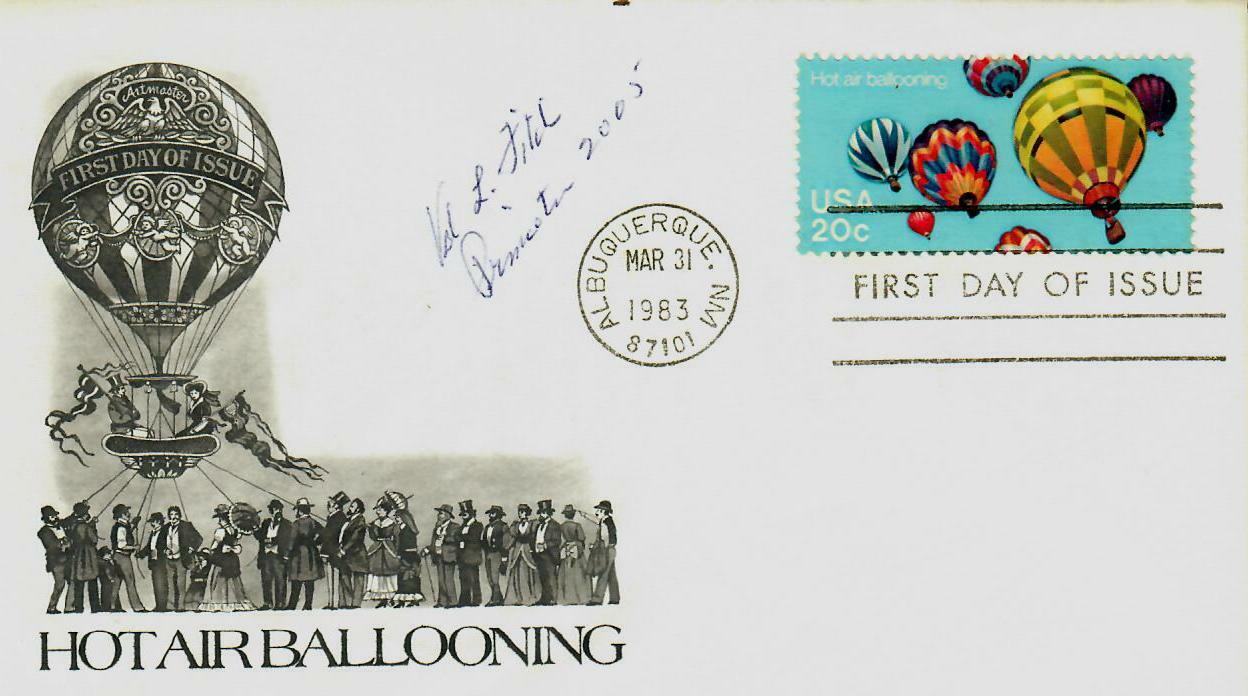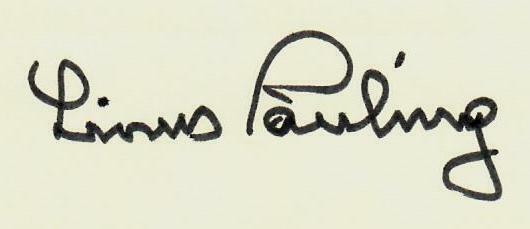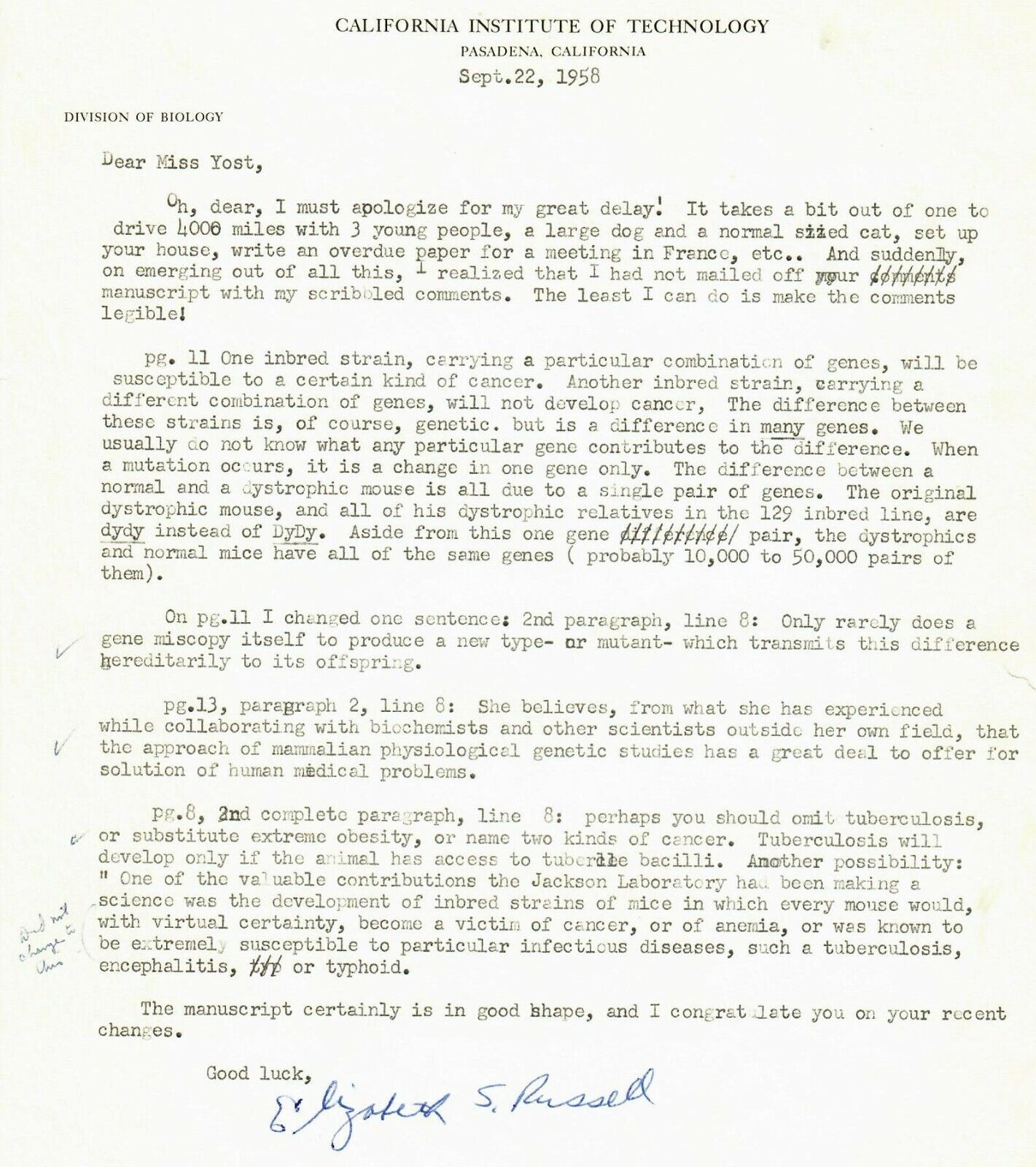-40%
RARE "The Origin of Races" Carleton S Coon Hand Signed 3X5 Card Todd Mueller COA
$ 369.59
- Description
- Size Guide
Description
Up for auction a RARE!"The Origin of Races" Carleton S. Coon Hand Signed 3X5 Card.
This item is authenticated By Todd Mueller Autographs and comes with their certificate of authenticity.
ES-2723
Carleton Stevens Coon
(June 23, 1904 – June 3, 1981) was an American
anthropologist
. A Professor of Anthropology at the
University of Pennsylvania
, lecturer and professor at
Harvard University
, he was president of the
American Association of Physical Anthropologists
. Coon's theories on race were widely disputed in his lifetime and are considered
pseudoscientific
in modern anthropology. Carleton Stevens Coon was born in
Wakefield, Massachusetts
on June 23, 1904.
[8]
His parents were John Lewis Coon, a
cotton factor
, and Bessie Carleton. His family had
Cornish American
roots and two of his ancestors fought in the
American Civil War
. As a child, he listened to his grandfather's stories of the war and of traveling in the
Middle East
, and accompanied his father on business trips to Egypt, inspiring an early interest in
Egyptology
. He initially attended
Wakefield High School
, but was expelled after breaking a water pipe and flooding the school's basement, after which he went to
Phillips Academy
. Coon was a precocious student, learning to read
Egyptian hieroglyphs
at an early age and excelling at
Ancient Greek
. Wakefield was an affluent and almost exclusively
white
town. Coon's biographer,
William W. Howells
, noted that his "only apparent awareness of ethnicity" was in childhood fights with his
Irish American
neighbours. Coon himself claimed that "both anti-Semitism and racism were unknown to me before I left home at the age of fifteen, and zero to fifteen are formative years." Intending to study Egyptology, Coon enrolled at
Harvard University
and was able to obtain a place on a graduate course with
George Andrew Reisner
based on his knowledge of hieroglyphic. He also studied
Arabic
and English composition under
Charles Townsend Copeland
. However he changed his focus to
anthropology
after taking a course with
Earnest Hooton
, inspired by his lectures on the
Berbers
of the Moroccan
Rif
. Coon obtained his bachelor's degree from Harvard in 1925 and immediately embarked on graduate studies in anthropology. He conducted his dissertation fieldwork in the Rif in 1925, which was politically unsettled after a rebellion of the local populace against the Spanish, and was awarded his PhD in 1928. Coon was motivated to study the Rif by the puzzle of the "light-skinned" Riffians' presence in Africa. Throughout much of his fieldwork, he relied on his local informant Mohammed Limnibhy, and even arranged for Limnibhy to live with him in Cambridge from 1928 to 1929. After obtaining his PhD, Coon returned to Harvard as a lecturer and later a professor. In 1931 he published his dissertation as the "definitive monograph" of the Rif Berber; studied
Albanians
from 1920 to 1930; traveled to
Ethiopia
in 1933; and in worked in Arabia, North Africa and the
Balkans
from 1925 to 1939. Coon left Harvard to take up a position at the
University of Pennsylvania
in 1948.
[
Throughout the 1950s he produced academic papers, as well as many popular books for the general reader, the most notable being
The Story of Man
(1954). During his years at Penn in the 1950s, he sometimes appeared on the television program called
What in the World?
, a game-show produced by the
Penn Museum
, and hosted by its director,
Froelich Rainey
, in which a panel of experts tried to identify an object in the museum's collection.
[
He was awarded the Legion of Merit for his wartime services and the Viking Medal in Physical Anthropology in 1952. He was also named a Membre D'Honneur of the Association de la Libération française du 8 novembre 1942. From 1948 to the early 1960s, he was the Curator of Ethnology at the University Museum of Philadelphia.










